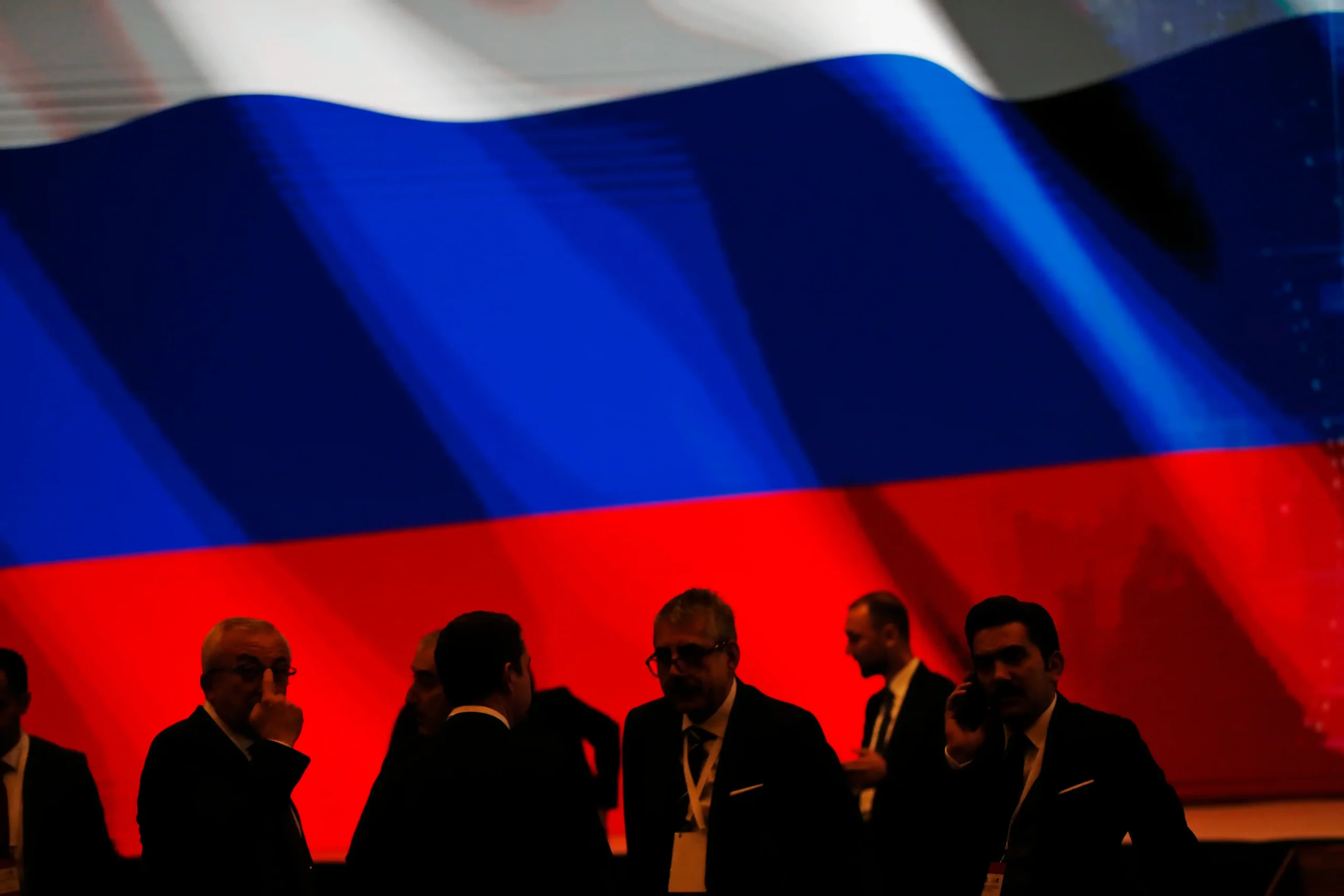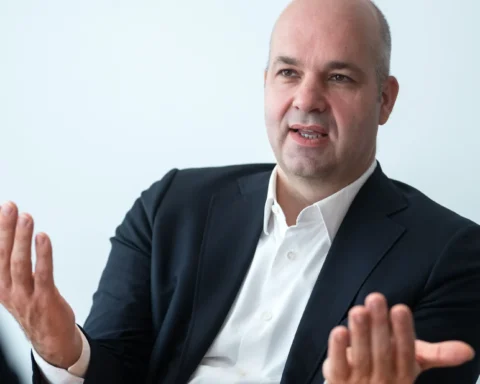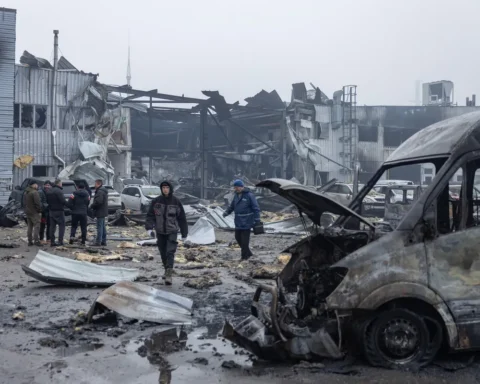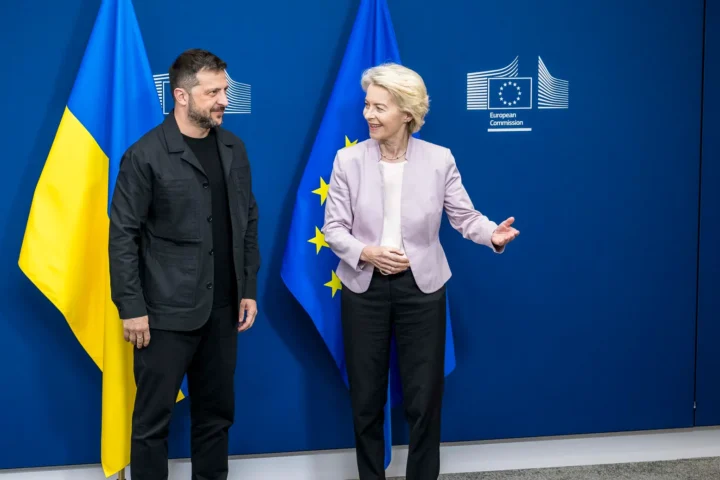Securing Gas Transit and Financial Support
Russian company Ozbor Enterprises has successfully secured daily transit capacities of 3.1 million cubic meters through the Turkish Stream pipeline for gas exports to Transnistria. Deliveries are anticipated to commence as early as February 1, with ongoing negotiations aimed at extending the supply arrangements through April. According to Russian newspaper Kommersant, Moscow is expected to provide financial aid amounting to $160 million to support this initiative.
To ensure uninterrupted supplies to Transnistria, the Russian government has allocated $175 million for gas procurement. This effort follows agreements brokered with the involvement of the Kremlin, the Brussels-Chisinau partnership, and mediation by Turkey and Hungary. Under these agreements, Moldovagaz will oversee the purchase and transportation of gas to the region.
Humanitarian Aid and Essential Services
In a parallel development, the European Union has committed to financing the gas volumes required for electricity production at the Dniester Hydroelectric Station. This electricity is crucial for both local consumption and sales to Moldova and will be provided as humanitarian aid.
The resumption of gas supply, coupled with the restoration of electricity production and the heating season in Transnistria and Moldova, is scheduled to commence next week.
To formalize these arrangements, Tiraspol has already submitted the necessary documentation to Chisinau for approval.


















